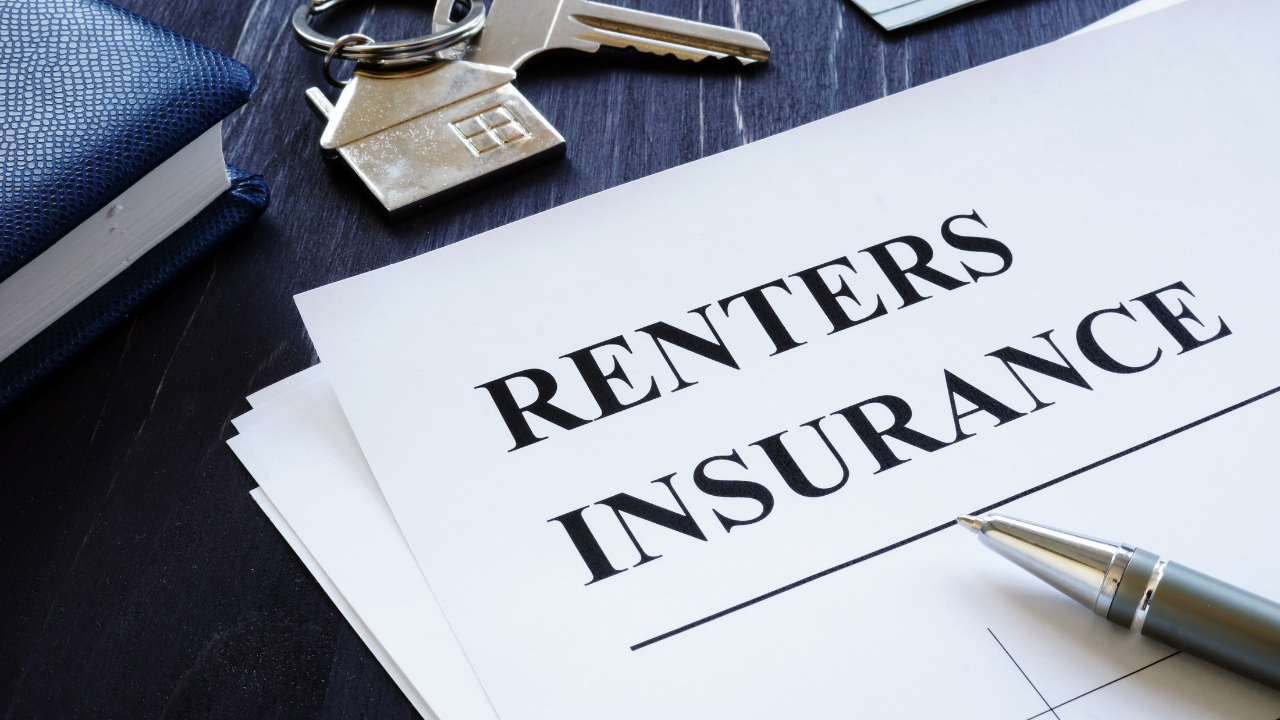Renters Insurance 101: What It Covers and Why You Need It
Marilyn Archer • September 21, 2025
The Overlooked Safety Net for Renters

Many renters assume their landlord’s insurance will cover them if something goes wrong—but that’s rarely the case. A landlord’s policy typically covers the building itself, not your personal belongings inside. If your apartment floods, a fire breaks out, or someone breaks in, you could be left replacing everything out of pocket.
That’s where renters insurance comes in. It’s one of the most affordable types of coverage available, and it can protect you from financial disaster. Let’s break down what it covers, what it doesn’t, and why every renter should consider it.
🏠1. What Renters Insurance Covers
Most standard policies include three types of protection:
- Personal Property Coverage
Protects your belongings—furniture, clothes, electronics—if they’re damaged or stolen. Coverage applies even if theft happens outside your home (like your laptop stolen from your car). - Liability Protection
Covers you if someone is injured in your rental or if you accidentally cause damage to someone else’s property (like leaving the bathtub running and flooding the apartment below). - Additional Living Expenses (ALE)
Pays for temporary housing and meals if your rental becomes uninhabitable due to a covered event (fire, flood, etc.).
💡Pro Tip: Take an inventory of your belongings to estimate how much coverage you need.
🏠2. What Renters Insurance Doesn’t Cover
While renters insurance is broad, it has limitations. Common exclusions include:
- Flood damage (requires separate flood insurance)
- Earthquakes (requires additional coverage)
- Pest infestations (bed bugs, rodents)
- Intentional damage
💡Pro Tip: Read the policy carefully and ask your agent about add-ons if you live in an area prone to natural disasters.
🏠3. How Much Does Renters Insurance Cost?
Here’s the good news: renters insurance is very affordable.
- National average: $15–$20 per month for basic coverage.
- Cost depends on coverage limits, location, and deductible.
- Bundling with auto insurance can reduce the premium even more.
💡Pro Tip: A single policy can often cover thousands of dollars in belongings—making it one of the smartest financial moves a renter can make.
🏠4. Why Landlords Require It (and Why You Should Too)
Some landlords now require proof of renters insurance before move-in. Why?
- It protects them from liability if something happens in your unit.
- It ensures you can cover damages you’re responsible for.
- Most importantly, it protects you—not just your landlord.
Even if your landlord doesn’t require it, getting covered is a no-brainer.
💰5. How to Shop for Renters Insurance
- Compare multiple providers (State Farm, Allstate, Lemonade, etc.).
- Decide how much personal property coverage you need.
- Choose between Actual Cash Value (what items are worth today) vs. Replacement Cost Value (what it costs to replace them brand-new).
- Look at deductibles—the higher the deductible, the lower your monthly premium.
💡Recap
Renters insurance is one of the most overlooked—but most valuable—tools renters can have. For the cost of two cups of coffee a month, you can protect everything you own, shield yourself from liability, and have peace of mind knowing you’re covered in an emergency.
Don’t wait until disaster strikes—protect yourself today.



